Basketball Legend Chamique Holdsclaw Discusses Mental Health & Mental Resilience Strategies10/23/2015
WNBA and NCAA basketball legend Chamique Holdsclaw comes on the ConquerWorry™ Podcast to discuss her battle with mental illness and her current advocacy efforts.
The New York premiere of Mind/Game: The Unquiet Journey of Chamique Holdsclaw is the Gold Coast Film Festival in Port Washington, Sat., Nov. 14 3:30pm. Chamique and film director Rick Goldsmith will be there for Q&A.
Go to goldcoastfilmfestival.org for more info. For more about the film and DVDs, go to mindgamefilm.org.
Connect with Chamique:
Online: www.chamiqueholdsclaw.com Facebook: www.facebook.com/choldsclaw1 Basketball Success: • Lead the Univ of Tennessee Lady Vols to 3 consecutive NCAA Championships….including an undefeated season. • 4x All American in college • Finished her career at TN as the all time leading scorer & rebounder • #1 Draft pick in 1999 by Washington • WNBA Rookie of the year • 6x WNBA All-Star • 2x WNBA rebounding champion • 2002 WNBA scoring champion • A Sullivan Award wined • 2x Naismith Award Winner Video - Periscope BroadcastPodcast - Audio Only
0 Comments
Tracy Shawn comes on the ConquerWorry(TM) Podcast to discuss how reading a novel could help someone struggling with anxiety. Tracy is the author of 'Grace of Crows' which can be purchased by clicking the affiliate link below:  Tracy Shawn, M.A., lives and writes on the Central Coast of California. Her award-winning debut novel, The Grace of Crows, is about how an anxiety-ridden woman finds happiness through the most unexpected of ways — and characters. Click here for more information about Shawn, or click here to visit her author page on Facebook. Follow her on Twitter: @TracyShawn. The opinions expressed are her own.
Jennifer Marshall shares the story of her Bipolar diagnosis, having children, raising children and blogging about her journey. She discusses the challenges of the stigma of mental illness and the non-profit she founded called This Is My Brave, Inc.
Her blog www.bipolarmomlife.com was awarded Top Blogger status by Healthline in 2014 and 2015. 
About Jennifer Marshall
From her website: 'Writing openly about living with mental illness inspired me to co-found a non-profit called This Is My Brave, Inc. which provides a platform for people to share their story live on stage through poetry, music and essay.' Blog: www.bipolarmomlife.com Twitter: @BipolarMomLife Facebook: @BipolarMomLife
Diana Nightingale comes on the podcast to discuss the work her and her late husband Earl Nightingale started. Earl Nightingale is the dean of personal development as he founded the field with his weekly radio shows and other works. Diana discusses how she has persevered after Earl's death and built the mental resilience that necessary to continue their work.
Did you know Diana has packaged the best of Earl's work in The Nightingale Library? If you are interested in ordering this complete collection CLICK HERE. 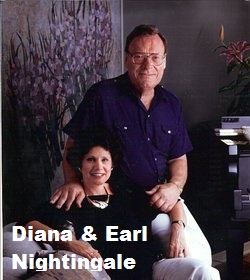
From Diana's Website (www.diananightingale.com)
Nightingale - a name, like that of a torch burning brightly in the night, has for more than 60-years, shown brightly on the path that leads to the successes of life! While, Diana Nightingale is widely recognized as the widow of, Earl Nightingale, Diana, has been presenting her own messages to audiences for more than 30-years. She is an author, a Life Coach Mentor, a speaker, a retreat and seminar leader, speaking to audiences across the US and overseas. Diana, brings new life to the time-tested Nightingale messages and shows how to make them "work" in today's ever-changing world. Even during the bleakest of times, she is quick to enforce the age-old truth that "we become what we think about".
Winston Churchill was one of the greatest leaders of the 20th century. He led Britain through its darkest hour and helped the west defeat nazi Germany.
He also struggled with his mental health as he battled the 'Black Dog' of depression. This short podcast outlines what I believe to be his five keys to mental resilience. If you like the podcast, please leave a review in iTunes and subscribe on YouTube.
When thinking positive means plastering on a forced smile and latching onto one specific result that we’ve decided is more favorable than another one, that you think will bring happiness, we are only setting ourselves up for disappointment and unhappiness. Thinking positive in this way is really forming expectations and attachments to outcomes and almost always is a negative.
It’s like wishing that leprechauns will magically intervene to make sure everything turns out as we want while unicorns frolic in the flower-filled meadow under a rainbow. ‘Aint gonna happen. Then, when things don’t go as hoped, how can we help but be mad and sad? This kind of positive thinking puts pressure on a person to control or manipulate events to try to make them go a certain way, which is frustratingly impossible and a sure prescription for anxiety and worry. There's A Better Way When any situation presents itself, I consider the possible probable outcomes, both desirable and those which may seem less-than-perfect, and stay open to and attempt to find the positive in each of them. There is always some good if you look for it. In my own life, I’ve witnessed time and time again where something, which initially looked like an “oh crap!”, turned out to be awesome and even better than what I’d hoped for. I don’t pretend to begin to know what is “best”in any situation anymore. “Best” is something I make out of what happens. It’s up to me. I can make any circumstance good or bad with my thinking about it and my response to it. My experience and the ultimate impact of any happening in my life is determined by my thoughts about and response to the situation. When I open up my thinking, consider the possible benefits of an event, and ask myself “How do I make this work for me?” , the positive possibilities become endless. Next, I can move forward taking mindful steps, being receptive to unforeseen paths and choices that may present themselves as events unfold, while having faith in myself and the universe. Then, I think positive and take positive actions. No matter what presents itself, I’m positive about my ability to handle and work with whatever comes my way and make something good of it. I’m positive that whatever happens is going to turn out OK in the end (because OK is in y thoughts) and that I can learn from it. Then and only then is being positive, having confidence and trust in yourself and whatever higher power you believe in, always a positive. I saw an image saying “Positive thoughts are not enough. You have to have positive feelings and actions.” Now, that one didn’t make me cringe! Debbie Hampton 
Debbie Hampton recovered from decades of unhealthy thinking and depression, a suicide attempt, and resulting brain injury to become an inspirational and educational writer on brain, emotional, and mental health. On her website, The Best Brain Possible, Debbie shares how she rebuilt her brain and life to find joy and thrive. She wants you to know that you can do it too! You can quickly learn the steps to a better you in her book Beat Depression And Anxiety By Changing Your Brain with simple practices easy to implement in your daily life. Improve your brain, improve your life.
Get daily inspiration and information by joining Debbie on Facebook. Connect with Debbie on Twitter: @dlhampton |
Build Your Action Based Stress Reduction System
Popular PodcastsOlympian Suzy Favor Hamilton - From Fame to Prostitution to Advocacy
Hall of Fame Basketball Star Chamique Holdsclaw on Mental Resilience Diana Nightingale on her husband Earl Nightingale's Principles for Mental Health Success JoAnn Buttaro on Date Rape & PTSD Survival Story: Its Never Too Late Gabe Howard on BiPolar Advocacy Phil Fulmer on Teen Suicide Prison, Bipolar and Mania with Andy Behrman Columbia Univeristy's Dr. Rynn on OCD Archives
March 2018
Categories
All
|

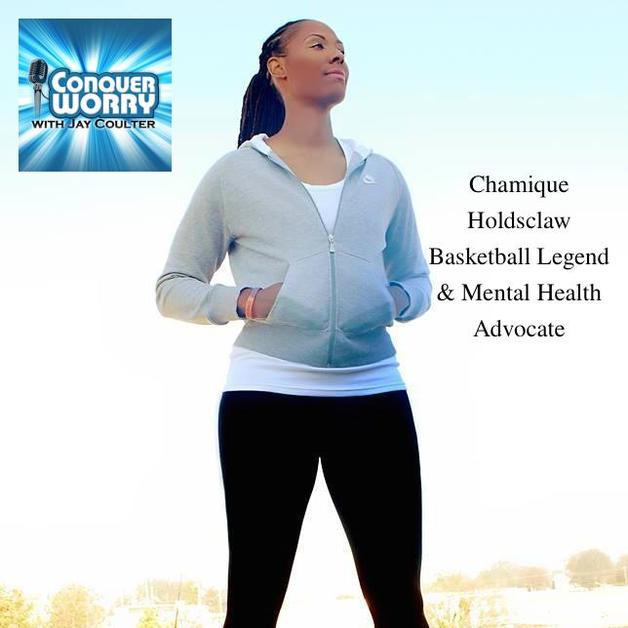
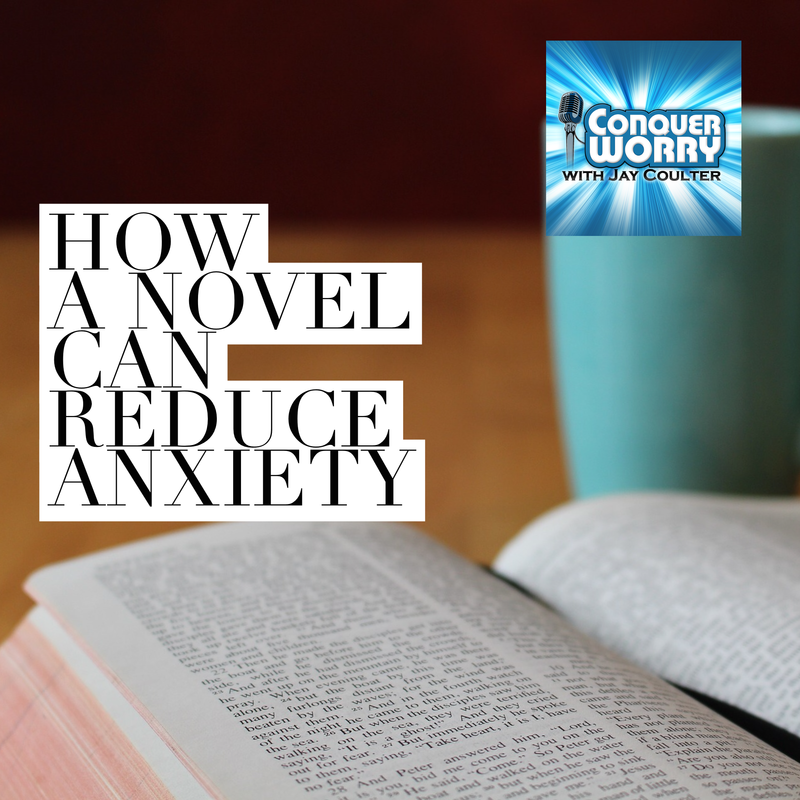
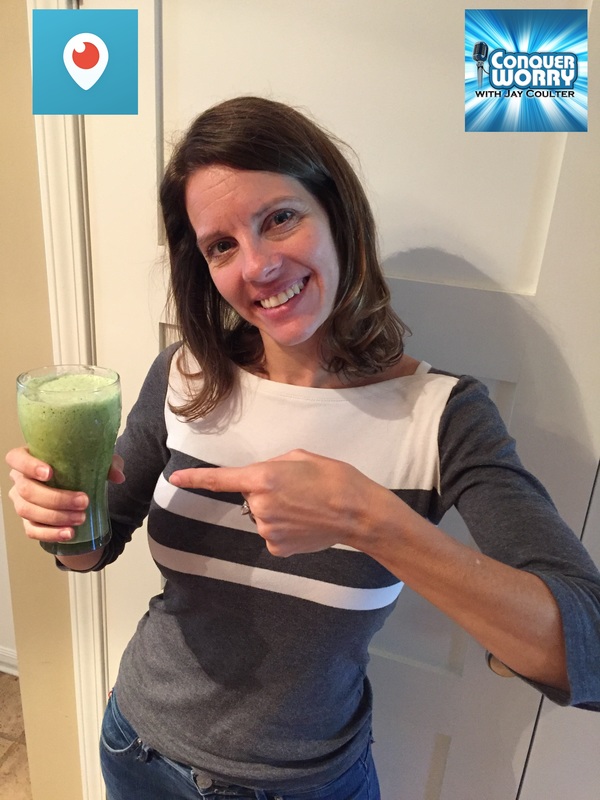
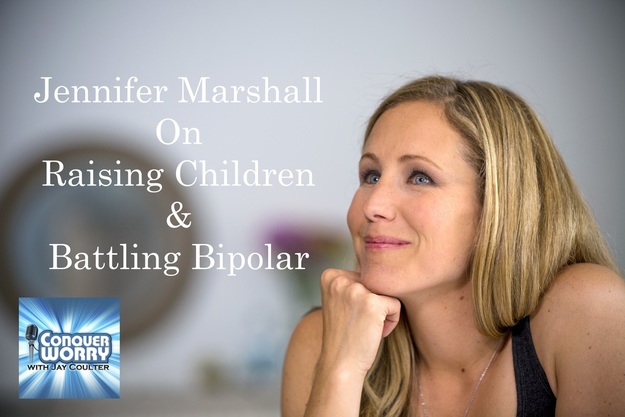
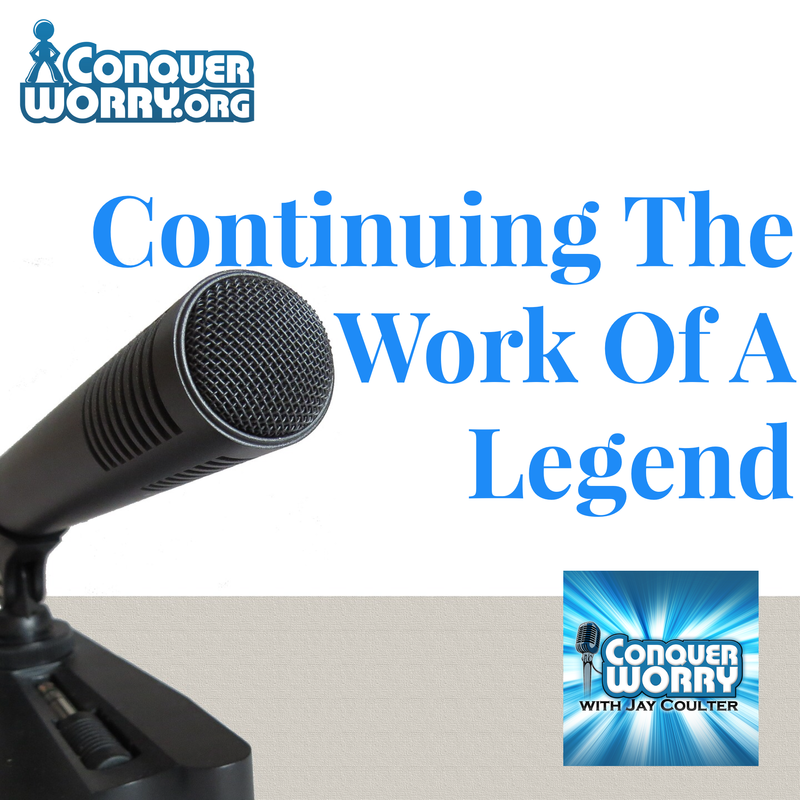
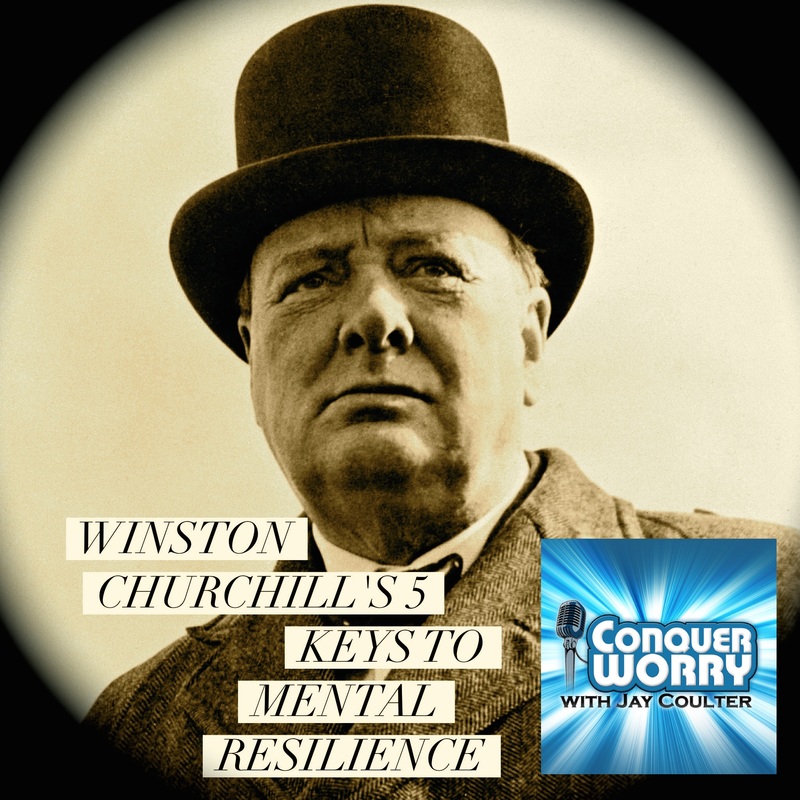


 RSS Feed
RSS Feed





